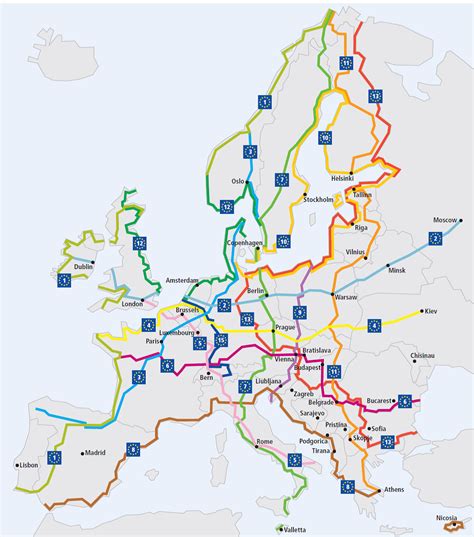The European Cyclists’ Federation (ECF) is an international organization that acts as an umbrella over the European countries bicycle organizations. There are at least one bicycle organization by country. It interacts with the European Commission, the European Parliament or the Council of Europe as well as the United Nations Economic Commission for Europe or the World Health Organization.
The ECF puts into practice its influence to support laws which promote biking, avoid those which harm it and maintain cyclist in the politics agenda. Moreover, the ECF coordinates the Eurovelo and organizes the Velo-City every year.
According to its president, three factors have contributed to the boom of biking in the last years: Climate change, COVID-19 and the Ukraine war. This last point contributed to increase the price of raw materials. Furthermore, he indicates that most moves within a city are as long as 5 kilometers, a perfect distance to pedal, and the main contribution to climate change and pollution at city level is produced by combustion engine vehicles. Thus, bicycles are perfect to face it.
